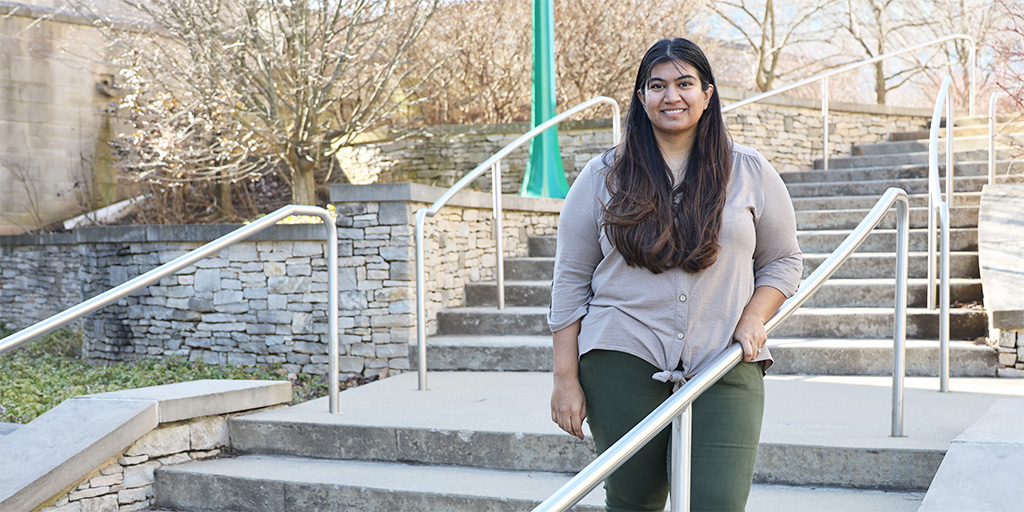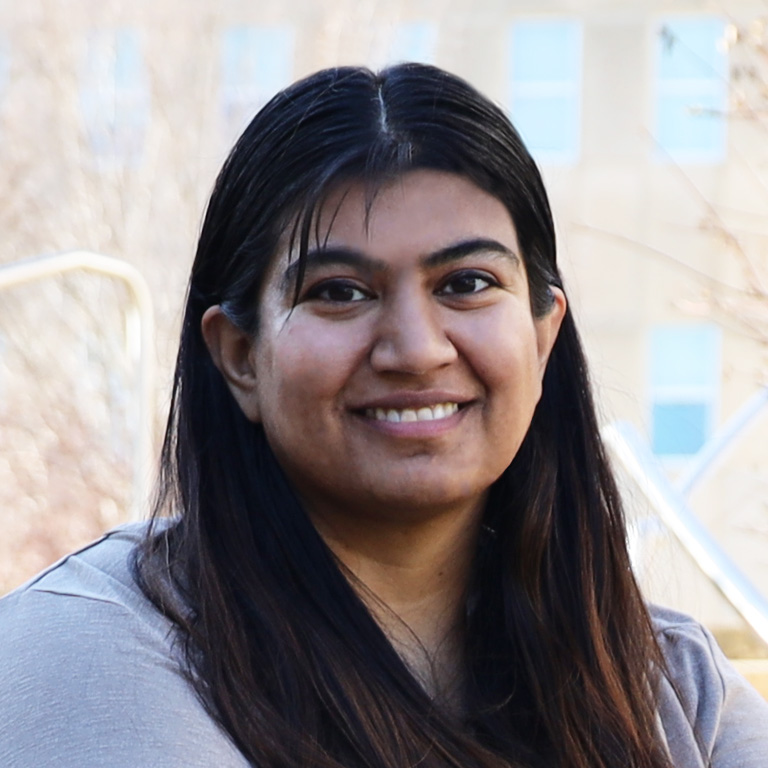Between the two “acts” of childhood and adulthood and among a potent mix of interacting changes – biological, cognitive, social, cultural, environmental – is the momentous drama of adolescence. As director of the interACT Lab on adolescent development, newly arrived PBS assistant professor Natasha Chaku focuses on this drama, expanding the scope of PBS developmental research in the process.
“A lot of research focuses on the first five years. But biological processes at the onset of puberty set the stage for a host of cognitive and behavioral changes that unfold across the lifespan,” she explains, “They can have long-term effects on mental and physical health into middle and old age.”
To understand biological and cognitive changes in adolescence and their relation to health and well-being, Chaku studies the way teenagers navigate their daily lives, using a variety of empirical methods, from daily diaries, physiological data and neurocognitive testing. She looks at the way changes in puberty affect executive function and the ability to set and implement a goal or delay an immediate response; she looks at the way this cognitive ability is affected by changes in sleep patterns, responses to stress, circulating hormone levels.
Yet, while “puberty is this normative event,” she says, “there are huge differences in the way individuals experience it.” For example, “the age at which you begin puberty has big implications for health and cognition” and “much depends on how the changes are perceived in the larger culture.”
This variation within adolescent experience perhaps accounts for the dual perspective we often encounter, she suggests. “Teenagers are commonly depicted as troubled, moody, and mean. But adolescence is also a time when you make close friends and discover passions that stay with you for the rest of your life.” Likewise, that adolescents take more risks is often perceived as dangerous to themselves and others, but as Chaku points out, “the same inclination can be viewed as positive, when it leads to raising your hand in class, asking someone on a date, or becoming more independent.”




 The College of Arts
The College of Arts